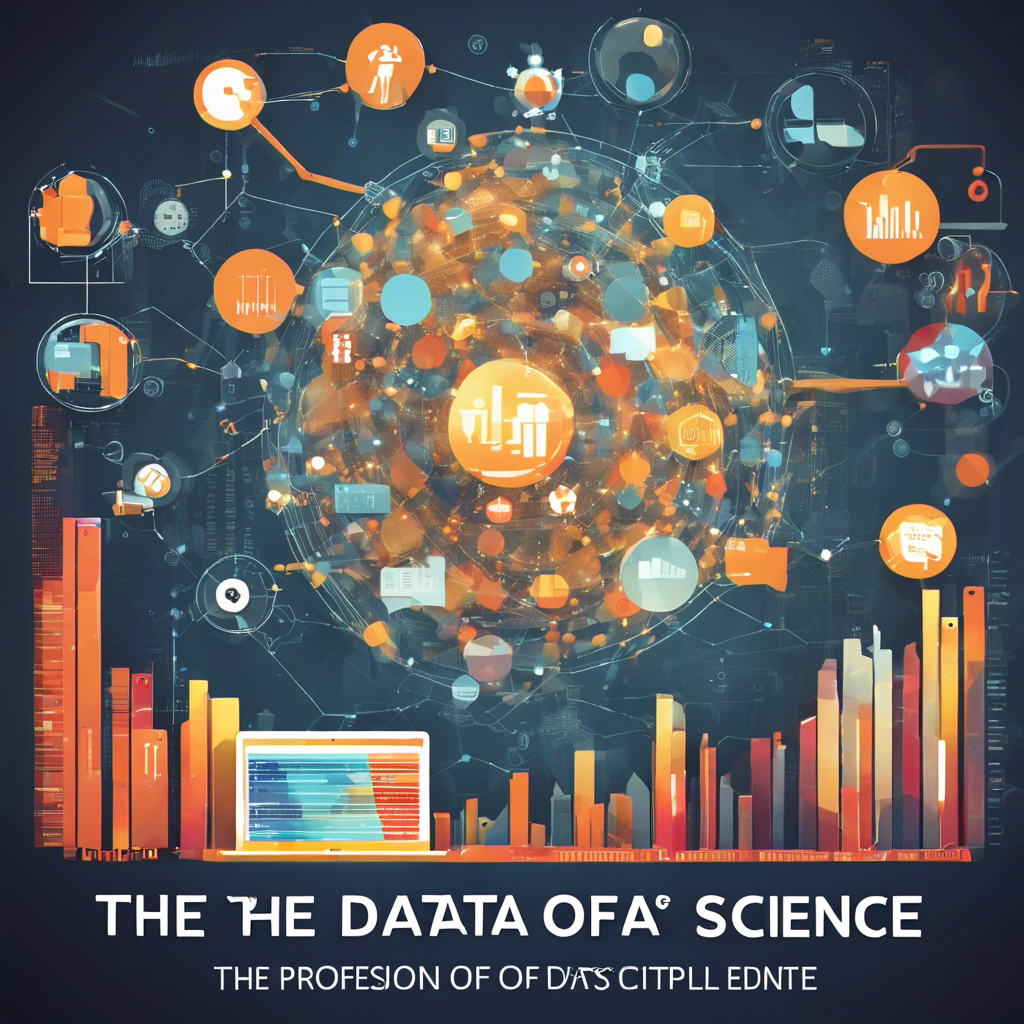As the demand for data scientists continues to rise, it’s no longer enough to have strong coding skills. Employers are now looking for candidates with a deeper understanding of data science concepts and a broader skill set. Here are five lesser-known data science skills that can help you stand out in a competitive job market.
In today’s data-driven world, data scientists play a crucial role in extracting insights and driving decision-making processes. However, with the increasing number of data science professionals vying for limited job opportunities, it’s important to possess skills that set you apart from the competition. While technical expertise is essential, there are several lesser-known data science skills that can give you an edge in the job market. In this article, we explore these skills and how they can enhance your employability.
Model Visualization: Making your models accessible and understandable to non-technical stakeholders is becoming increasingly important. Employers now value data scientists who can effectively communicate the workings of their models. By using visualization techniques such as flowcharts or decision tree diagrams, you can visually explain the logic and predictions of your models. This skill not only makes your models more transparent but also demonstrates your ability to bridge the gap between technical and non-technical teams.
Feature Engineering: While many data scientists focus primarily on model algorithms, feature engineering is a skill that can significantly improve model performance. It involves selecting, modifying, and creating input variables to enhance the accuracy and predictive power of machine learning models. By creatively transforming the data and incorporating domain knowledge, data scientists can create more nuanced features that capture the intricacies of the problem at hand. Hands-on experience and experimentation with different feature engineering strategies are key to mastering this skill.
Understanding Data Governance: In an era of increasing data privacy regulations, data governance has become a critical aspect of data science. Data scientists must ensure that their models not only comply with legal requirements but also adhere to ethical standards. Understanding the legal and ethical implications of data usage, consent, and anonymization is essential for developing compliant and sustainable models. Documenting data sources, transformations, and model decisions is crucial for future audits and improvements. Resources such as the Global Data Management Community can provide valuable insights into data governance practices.
Ethics: Data science goes beyond numbers and statistics; it has ethical implications that must be carefully considered. Data scientists must ensure that their models do not introduce biases that could lead to unfair treatment of certain groups. The infamous case of Amazon’s biased recruitment model serves as a stark reminder of the ethical responsibilities data scientists bear. Familiarizing yourself with ethical considerations in data science and understanding the potential impact of your decisions is crucial. Courses like “Data Science Ethics” offered by UMichigan can provide valuable guidance in navigating ethical dilemmas.
Marketing: In a competitive job market, the ability to market yourself and your skills is invaluable. Data scientists who can effectively communicate the value of their models and insights to stakeholders have a distinct advantage. By highlighting the financial benefits, increased productivity, and long-term advantages of adopting their models, data scientists can demonstrate the impact of their work. Developing marketing skills can help you create compelling resumes, charm interviewers, and effectively communicate the necessity of your models. Courses like “Marketing in a Digital World” offered by Coursera can help you hone your marketing skills.
Conclusion: As the demand for data scientists continues to grow, it’s crucial to develop a diverse skill set that goes beyond technical expertise. Skills such as model visualization, feature engineering, understanding data governance, ethics, and marketing can set you apart in a competitive job market. By mastering these lesser-known skills, you can demonstrate your ability to bridge the gap between technical and non-technical teams, enhance model performance, ensure compliance and ethical practices, and effectively communicate the value of your work. In a field where competition is fierce, these skills can make all the difference in landing your dream job.











